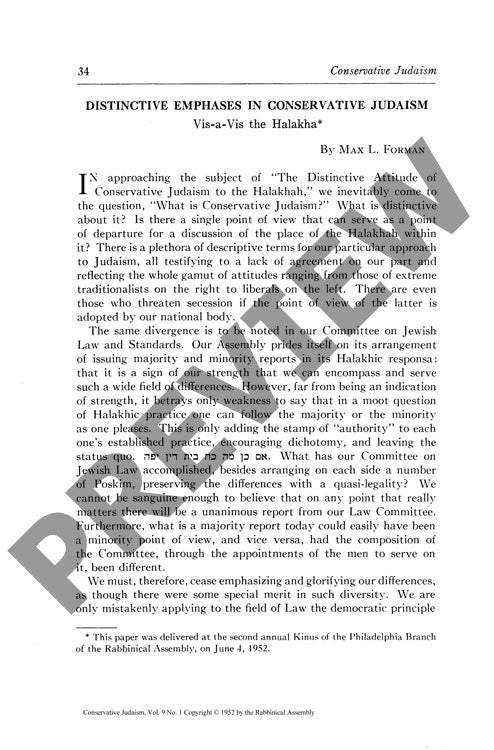Distinctive Emphases in Conservative Jud
Couldn't load pickup availability
Conservative Judaism faces a paradox: its emphasis on diverse interpretations of Jewish law (Halakha) undermines the very authority it seeks to maintain. Through analysis of majority and minority reports from the Committee on Jewish Law and Standards, clear inconsistencies emerge in Conservative rabbinical decision-making processes, raising fundamental questions about the movement's identity and relationship to Jewish law. The research traces Halakhic development through Written Law, Oral Law, Gezerah, Takanah, and Seyag, applying historical criticism to evaluate their contemporary relevance. Historical analysis reveals that while most Conservative rabbis reject literal divine revelation of Scripture, they maintain Halakha's indispensable role in Jewish religious discipline and continuity. "Historical Judaism" emerges as a potential foundational approach for Conservative Judaism - one that would recognize the Bible and Talmud as final authorities while rejecting the absolute authority of post-Talmudic codes like the Shulhan Arukh. This dynamic methodology, rather than a static code, would allow for the suspension of obsolete laws while preserving the essential framework of Jewish legal tradition, thereby balancing historical continuity with contemporary needs.

More Information
-
Physical Description
-
Publication Information
Published 1952
ISBN
-
Publication Credits
Max Forman

